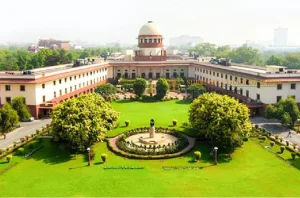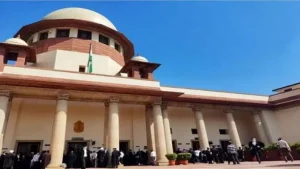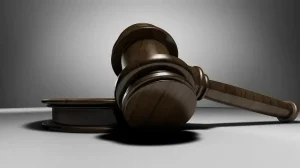

Transcription of court proceedings
The Supreme Court, in the case of Swapnil Tripathi had, among other things, recommended the practice of allowing transcribing facilities to provide access to information for litigants who could not attend court proceedings.
This simple practice can be leveraged to bring about significant changes: from the manner of presenting legal arguments, to holding the lawyers accountable to the litigants, and to appellate courts where the order/judgment is appealed. It could also help judges in writing judgments/orders. Further, even litigants who are unfamiliar with the way courts work can review what happened in court through such transcripts. And journalists who report on cases will also benefit from such transcripts.
While manual transcribing has been the norm so far and its limitations became that of the justice system. Traditionally, the stenographer in Indian courts takes down only what he or she has been told to note and does not actually record all the proceedings. Automatic transcription will allow judges, lawyers and litigants to see the transcript feed and make notes as it scrolls by, enabling them to review recent testimony and to mark up transcripts for review. It also allows them to focus on the proceedings rather than taking notes.
With the advent of technology, audio and video recording of proceedings have been made much simpler. Audio recording, especially, can be done on mobile phones of court staff. These audio recording files can be converted by tools available widely into transcripts. The quality of the conversion is very good – it is able to knock off 80% to 90% of the manual effort. The automated transcript can be the first draft for court staff to manually edit and submit for finalisation. Audio recording facilities are inbuilt in many video conferencing software which are anyway the norm these days.
See below an automated transcript of our discussion as transcribed by Otter.ai:
Watch a discussion on the transcription of court proceedings here:
RECENT UPDATE


Lessons for Judiciary from Space Sector

The missing piece in India’s reform story—a strong tribunal system

Fast-track courts may not be the cure

-
Rule of Law ProjectRule of Law Project
-
Access to Justice SurveyAccess to Justice Survey
-
BlogBlog
-
Contact UsContact Us
-
Statistics and ReportsStatistics and Reports
© 2021 DAKSH India. All rights reserved
Powered by Oy Media Solutions
Designed by GGWP Design